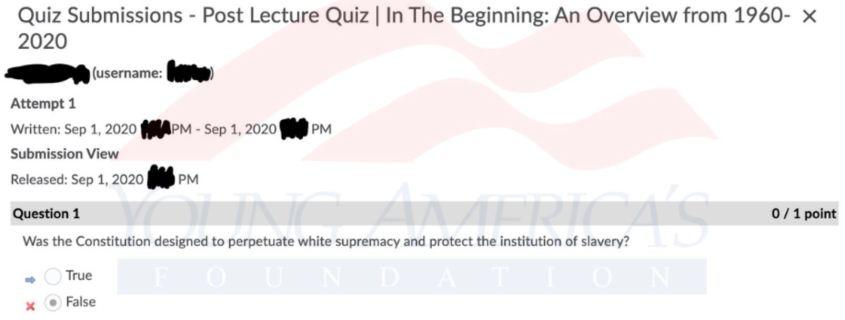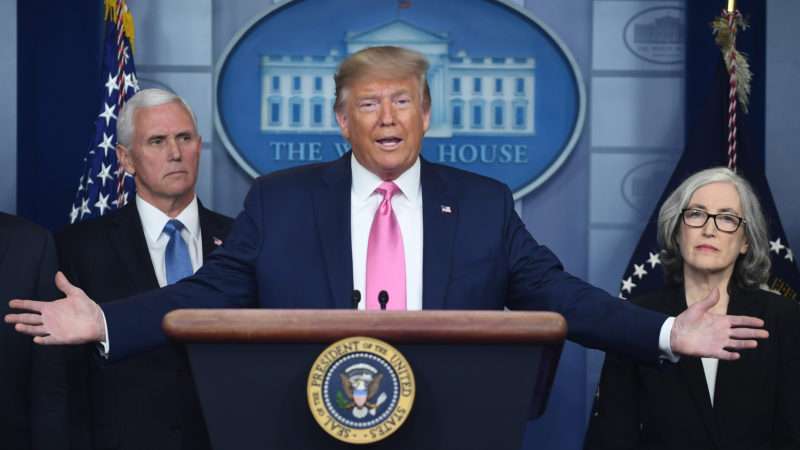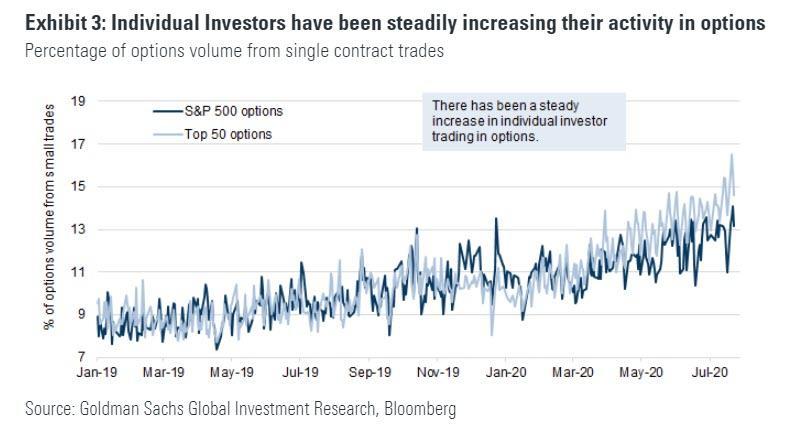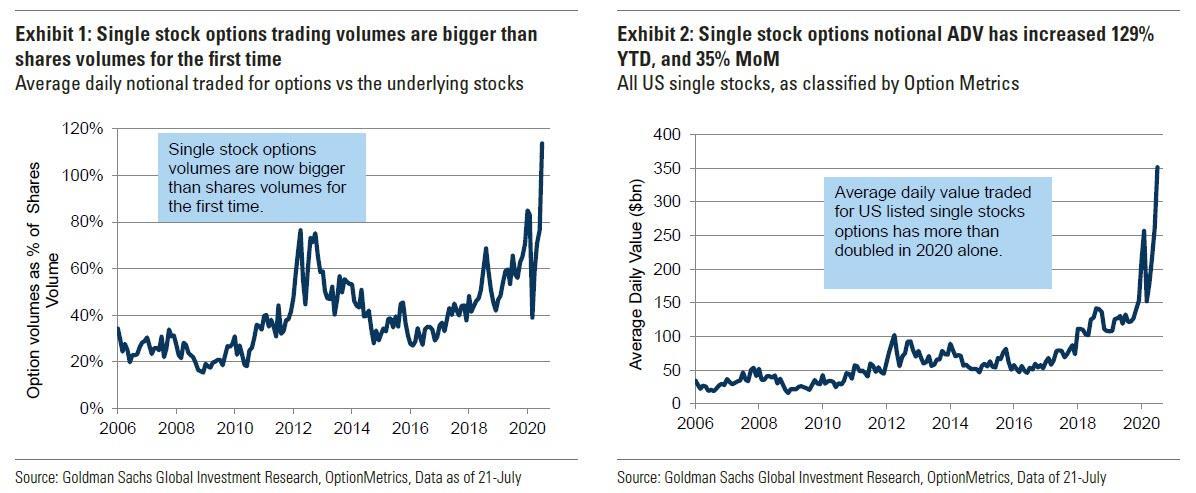In May 2016, President Trump released his first short list for the Supreme Court. At the time, I was cautiously optimistic about the eleven names on the list. There were two names missing from that list: Neil Gorsuch and Brett Kavanaugh. At the time, those omissions did not bother me. But it surely bothered these two judges, and their boosters. In September 2016, Trump added ten more names to the list, bringing the total to twenty-one. Neil Gorsuch was added to the list. Brett Kavanaugh was not. In January 2017, Trump nominated Gorsuch to the Supreme Court. Fast forward to November 25, 2017, President Trump added five new names to the list. Now, Kavanaugh was added to the list. At this point, it was obvious why the five other names were added: to bring Kavanaugh into the fold. And after Justice Kennedy retired in June 2018, Kavanaugh was tapped to the Supreme Court.
As of yesterday, there were (by my count) twenty-four people on the short-list. Now, President Trump has added another twenty people. We are up to 44 candidates for zero, one, or maybe two vacancies. Frankly, at this point, the list does not make a difference. If Trump wants to add someone who is not on the list, he will simply put out a new list, as he did with Gorsuch and Kavanaugh.
I will sort the twenty potential nominees by category.
First, there are 10 Trump-appointed federal judges:
- Bridget Bade, Ninth Circuit
- Stuart Kyle Duncan, Fifth Circuit
- James Ho, Fifth Circuit
- Gregory Katsas, D.C. Circuit
- Barbara Lagoa, Eleventh Circuit
- Martha Pacold, Northern District of Illinois
- Peter Phipps, Third Circuit
- Sarah Pitlyk, Eastern District of Missouri
- Allison Jones Rushing, Fourth Circuit
- Lawrence VanDyke, Ninth Circuit
Second, there are three sitting Senators:
- Tom Cotton, U.S. Senator
- Ted Cruz, U.S. Senator
- Josh Hawley, U.S. Senator
Third, there are four current and former members of the Trump Administration:
- Steven Engel, AAG for DOJ’s Office of Legal Counsel
- Noel Francisco, former Solicitor General
- Christopher Landau, Ambassador to Mexico
- Kate Todd, deputy White House counsel
Fourth, there are two current state officers:
- Daniel Cameron, Kentucky AG
- Carlos Muñiz, Florida supreme court
Fifth, there is a category of one:
- Paul Clement, former Solicitor General
Several of the Circuit Court judges warrant inclusion. Others are premature. And there are glaring omissions.
From the Fifth Circuit, I heartily endorse Judges Duncan and Ho. But where is Judge Oldham? He is going to be a giant on the federal courts for decades. Judge Phipps has been quite impressive on the Third Circuit. Judge Matey as well.
From the 11th Circuit, I do not know enough about Judge Lagoa to make an informed decision. The only opinion of hers that I have read concerned the recusal motion.
From the Ninth Circuit, I have known Judge VanDyke for some time, and think highly of him. But after his contentious confirmation hearing, I am skeptical that higher office is in his cards. But Nevada might be a swing state. Same for Arizona, which I think explains Judge Bade’s inclusion. I frankly do not know much about her. There are many other deserving candidates from the Ninth Circuit, including Patrick Bumatay. He has written sophisticated originalist opinions. Alas, California is not in play, and his name doesn’t add anything to the diversity of the list (but Googling him would).
Why Judge Pitlyk but not Judge Walker? They were both Kavanaugh clerks who spent a brief period on the District Court. McConnell is certainly grooming Walker for the Supreme Court. Maybe the President did not want more picks from the swampy D.C. Circuit? I’m sure Mitch was none too pleased.
Judge Katsas absolutely warrants inclusion. (His arguments from NFIB v. Sebelius may win the ACA case this term.) But the most glaring omission from the list is Neomi Rao. It is painfully obvious why she was omitted: Josh Hawley tried to kill her candidacy. And he succeeded. Here, Trump has kowtowed to Hawley, and even added him to the list! Hawley has already said he has no interest in the Supreme Court. There is perhaps one possible silver lining here. Rao might be viable for a future Republican administration, as she was not tainted by the Trump list.
The most perplexing addition is Paul Clement. At 54, he is nearly two decades older than some of the other judges. By all accounts, Clement could have been added to any of the earlier lists. But he wasn’t. I can think of two explanations. First, Trump really wants to nominate Clement, and simply added the other nineteen names as filler. Trump made a similar move in November 2017 to bring Kavanaugh into the fold. I find a second option more appealing: Trump is grooming Clement to be his next Attorney General if Barr has to step down. Clement is the perfect pick. He is respected by the left and the right, and could easily skate through a confirmation hearing.
At bottom, I give this list two cheers. Judges Ho, Duncan, Katsas, and Phipps are all viable selections for the Thomas seat. But we all know who will replace the Notorious RBG.
from Latest – Reason.com https://ift.tt/3bGebox
via IFTTT












